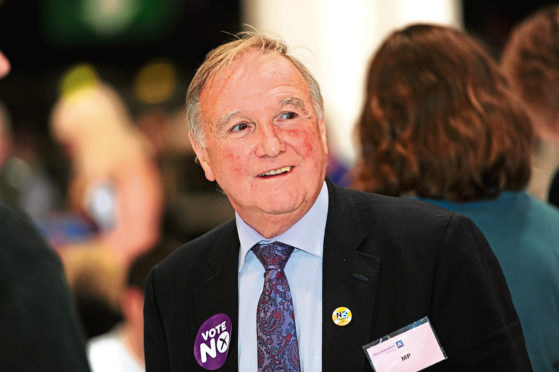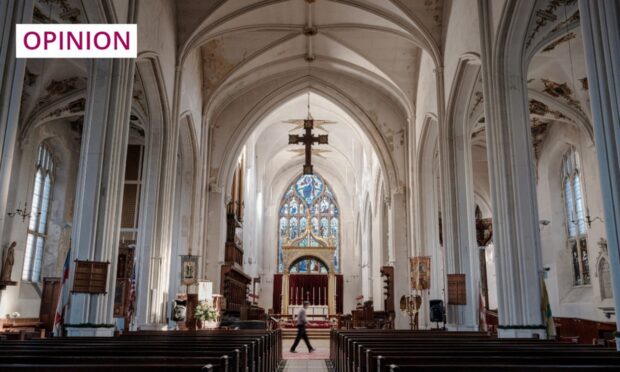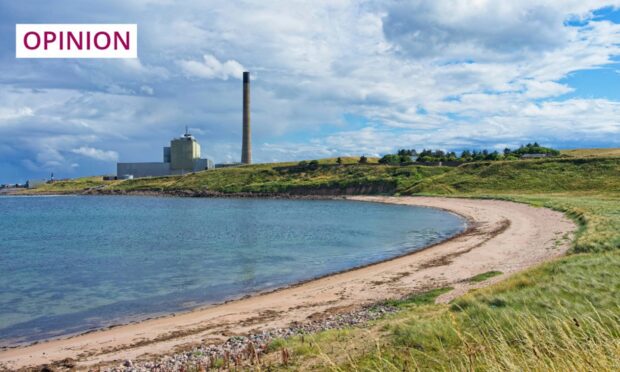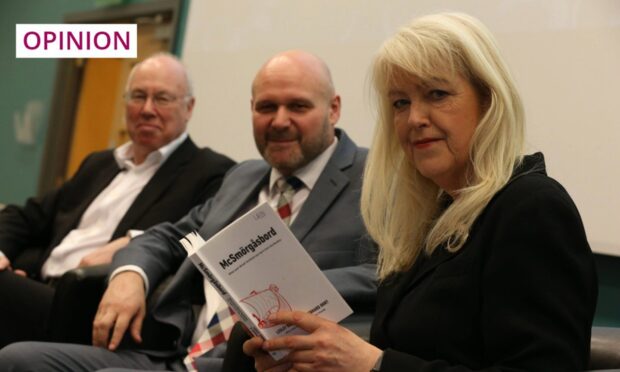Wake up and smell the coffee, said Ed Davey after his election as the new Liberal Democrat Party leader, making an honest assessment of the challenges the party faces building back support and representation.
Media reaction has been mixed. Some have acknowledged there are a significant number of Conservative-held seats where the Lib Dems are the challenger and which Labour, with its own mountain to climb, might quietly deign to wish them well. Others, including The P&J’s political correspondent, Daniel O’Donoghue, have suggested the party is flirting with irrelevance.
So let us pose one crucial question: Who needs a Liberal Party? Let me be quick with the answer. Whether you have voted Liberal Democrat or not, most of us do. We live in a liberal democracy. To suggest there is no room for a genuinely liberal party begs many questions about where we are heading. Philosophy apart, there are much more urgent and relevant reasons why a strong Liberal Democrat presence in our politics is needed.
Much of society has degenerated into angry, polarised camps, brooking no compromise and demanding people conform to their woke identity slogans or resign themselves to being the “enemy”.
This is not the stuff of a civilised society. It prevents genuine exchange of views. Evidence is discarded in favour of fake news and alternative facts, leading to rash decisions.
Just look at the state of the dominant parties. The Conservatives convulsed themselves over Brexit and have lost all coherence and consistency – as well as many of their most thoughtful and experienced players. Their competence is questioned daily and their handling of the crisis and plans for recovery have faced ridicule. They are now proposing breaking international law, trashing the UK’s reputation as a rational, reliable and pragmatic nation which honours its agreements and obligations. Cronyism is giving UK governance under the Tories the look of South American dictatorships of yore.
Labour, having abandoned the drift towards Marxist socialism, have elected a rational leader but have yet to prove they have shaken off Corbynism or accompanying anti-Semitism.
Buoyed by current polling, the SNP are becoming gung-ho about pushing for independence as fast as possible and at any cost, forcing the people of Scotland to choose between being Scottish and British and prejudicing our shared identity as both.
In an ever-more complex, challenging and divided world, once-great parties are offering simplistic, irrational, glib solutions. By the same token, the political debate has sought either to trash the Liberal Democrats or sneer at their irrelevance – displaying uncertainty of intent. Why are other parties so splenetic about the Liberal Democrats? My guess is it is because we get in the way of simplistic, hardline, ideological identity politics.
Liberal Democrats believe in the freedom of individuals to express themselves in their own way, free from pressure to conform. We celebrate diversity and pluralism in an electoral system that has the deliberate intention of forcing people into camps.
Stuck in their trenches, nationalists and socialists try to taint us as Tories, who in turn accuse us of being fellow travellers with the left. We are accused of being at the same time both ruthlessly ambitious and disingenuously wishy-washy. Other parties just cannot get their heads around the idea that a party considers the evidence and looks for compromises that will bring people together rather than rejoice in dividing them.
In their heart of hearts, people know that voting for Trump, Johnson and, yes, even Sturgeon, will not deliver nirvana or the stable, hopeful world they crave for themselves and their families. Life is not that simple.
Ask people in Scotland, do we want to restore our once-great education system and give our children the skills and opportunity to deliver rewarding lives, not just economically but culturally, too? Would we like key public services to deliver according to the varied needs of the communities we live in?
Then ask them do we really believe we can do that if we break our family ties with the rest of the UK and divert our energies and resources to throwing off the established institutions we have to replicate from scratch at enormous cost in hardship and social division.
Britain is divided. Scotland is divided. Brexit has split us and the debate over independence is doing it in spades. Shouldn’t politics be bigger and brighter than that?
Liberal Democrats recognise and celebrate diversity. Forcing people into opposing camps will never make society prosper. It will not make people happier nor more hopeful. On the contrary, the evidence is plain to see – it makes people more bitter and angry.
Yet a popular slogan of liberals used to be “Make love – not war”. We certainly need more of that today. Building bridges is more rewarding and satisfying than erecting barriers and building walls.
Liberalism was invented in Britain and has deep roots in Scotland. Far from flirting with irrelevance, we are inviting voters to throw off the false identities weighing them down and celebrate their personal independence and our society’s diversity over conformity.
Lord Bruce of Bennachie is a former long-serving MP for Gordon and was chairman of the Scottish Liberal Democrats










